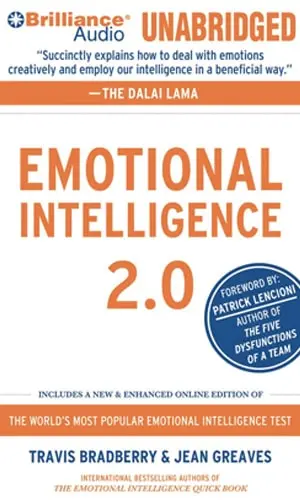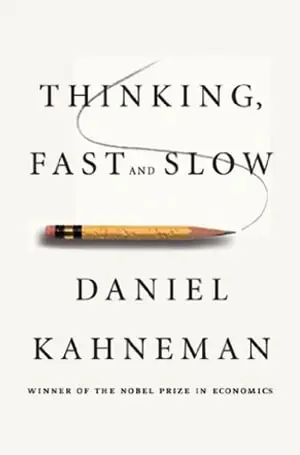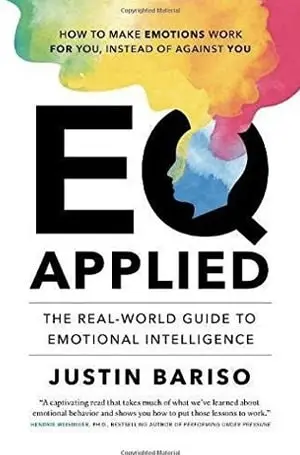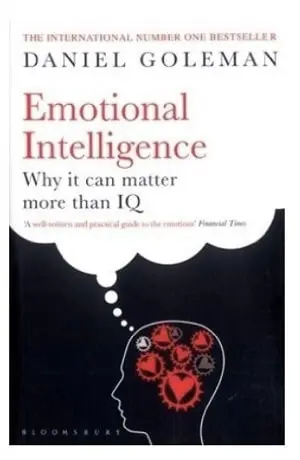Emotional intelligence is a necessary skill for managing your recovery. It helps you understand the sources of your addictions, respond constructively to your triggers and manage cravings. Moreover, it furthers your growth in every area of your life.
Developing this skill is an ongoing process. You learn elements of emotional intelligence every time you interact with another human. Therapy, counseling and mental health practices enhance these skills even more. Reading books on emotional intelligence also provides education, wisdom and perspective.
The Following Emotional Intelligence Books Offer Valuable Insights, Knowledge and Inspiration
Emotional Intelligence 2.0
This resource, by Travis Bradberry and Jean Greaves, is one of the most complex emotional
intelligence books. It explains what emotional intelligence is and is not in an easy-to-understand manner. The book also uses data collected from more than 500,000 people to answer common questions.
One of the standout features of the book is its online self-assessment. The authors give easy-to-follow strategies for enhancing the areas that need improvement. It also covers more than 36 strategies that you can use to hone your skills.
Thinking, Fast and Slow
Nobel laureate Daniel Kahneman’s 30-chapter dive into the world of emotions and thinking expands on your understanding of emotional intelligence. It’s an excellent read for people who have been working on these skills for some time and are ready to take things to another level.
In this book, the Kahneman differentiates between two systems of thought. One is intuitive and emotional, and the other is analytical and logical. He discusses how these systems complement one another and how you can make the most of them to achieve your goals.
EQ Applied: The Real-World Guide to Emotional Intelligence
Learning about emotional intelligence won’t get you very far if you don’t practice it. In this book, Justin Baristo offers strategies for working with your emotions. It’s a valuable addition to the work that you do with a counselor or therapist.
This guide not only explains what’s going on inside of you when you experience powerful emotions but also gives advice for how to manage your feelings. The strategies are suggested for specific situations, making them easy to integrate into your daily life.
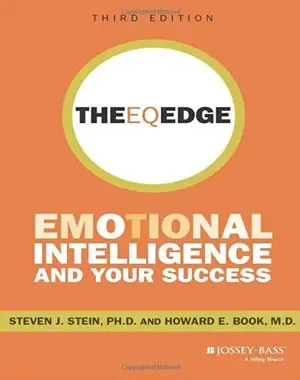
The EQ Edge: Emotional Intelligence and Your Success
Steven Stein and Howard E. Book wrote this resource, which uses principles of emotional intelligence to teach readers how to manage stress more effectively. This is particularly relative to individuals in recovery who have used substances in the past to deal with distressing emotions.
You will be exposed to stressful situations throughout your life. For people in recovery, dealing with everyday challenges and cravings can be immensely stressful. Anchoring coping strategies into your lifestyle with an understanding of emotional intelligence allows you to draw on them more easily. You can use the assessment in this book to evaluate your skills in this area.
This book aims to help you use emotional intelligence to:
- Create strong relationships
- Enhance your confidence
- Be more optimistic
- Respond to challenges enthusiastically
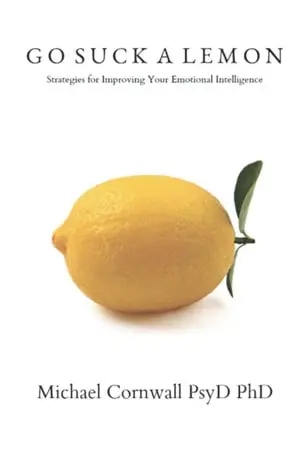
Go Suck a Lemon: Strategies for Improving Your Emotional Intelligence
This book, by Michael Cornwall, is a useful complement to cognitive behavioral therapy. It offers techniques for becoming more aware of your thoughts, sensations and emotions. The development of self-awareness is often the first step in boosting your emotional intelligence.
The techniques that this book offers for reframing your thinking patterns allow you to respond to powerful emotions in new ways. Many of the skills that you’ll learn are based on mindfulness techniques. This is one of the best books on emotional intelligence for people who struggle to change limiting beliefs or shift harmful thinking patterns.
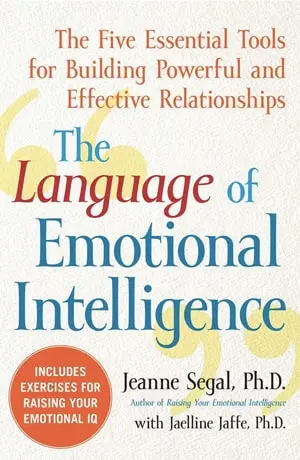
The Language of Emotional Intelligence: The Five Essential Tools for Building Powerful and Effective Relationships
If you’re focusing on creating healthier relationships, this book may be a helpful resource. Author Jeanne Segal teaches you how to apply emotional intelligence skills to real-world relationships.
The content is broken into steps that pull from scientific research. It provides exercises, examples and self-assessments to offer a hands-on approach to enhancing the social aspects of emotional intelligence. In addition to understanding yourself better and improving your communication skills, you’ll also learn about empathy and reading other people’s verbal and non-verbal cues.
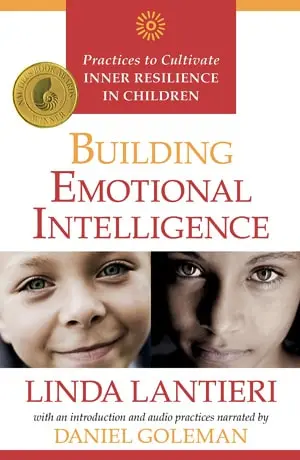
Building Emotional Intelligence: Practices to Cultivate Inner Resilience in Children
Although Linda Lantieri’s book is geared toward teaching young children how to express their emotions, it’s valuable for adults. Learning how emotional intelligence develops in children can provide some clues about your own development. You may become aware of the skills that you didn’t learn as a child and focus on strengthening those in recovery.
This book also describes methods for calming your brain and body. Because the steps are directed toward children, they’re straightforward and easy to follow. This is a wonderful resource for people who are struggling with their awareness, concentration, empathy and communication. It’s also a helpful book for families who are trying to build healthier relationships with someone who is in recovery.
Emotional Intelligence: Why It Can Matter More Than IQ
Daniel Goleman’s 1995 publication was one of the first books on emotional intelligence. It offers a straightforward introduction to the concept. While it provides a background on the subject, it may not be the best book to read first. It gears the skills that you learn to life in the workplace, which may be irrelevant in early recovery.
However, many people can relate to a career mindset in some way. If you do, this may be an excellent book for understanding how emotional intelligence influences life outside of an addiction treatment center. Reading this can help you establish a fulfilling career as you rebuild your life.
Develop Your Emotional Intelligence at Renewal Lodge
Learning about emotional intelligence is eye-opening for many people. The examples in these books underscore the importance of managing your emotions and provide specific steps for building this skill.
These resources also support the programs that we offer at Renewal Lodge. Our team uses the foundations of emotional intelligence to create effective treatment programs for our clients. We encourage you to explore these skills in everything that you do. Working on your emotional intelligence in and out of a treatment center will support your ability to enjoy a stable life and long-term sobriety.
